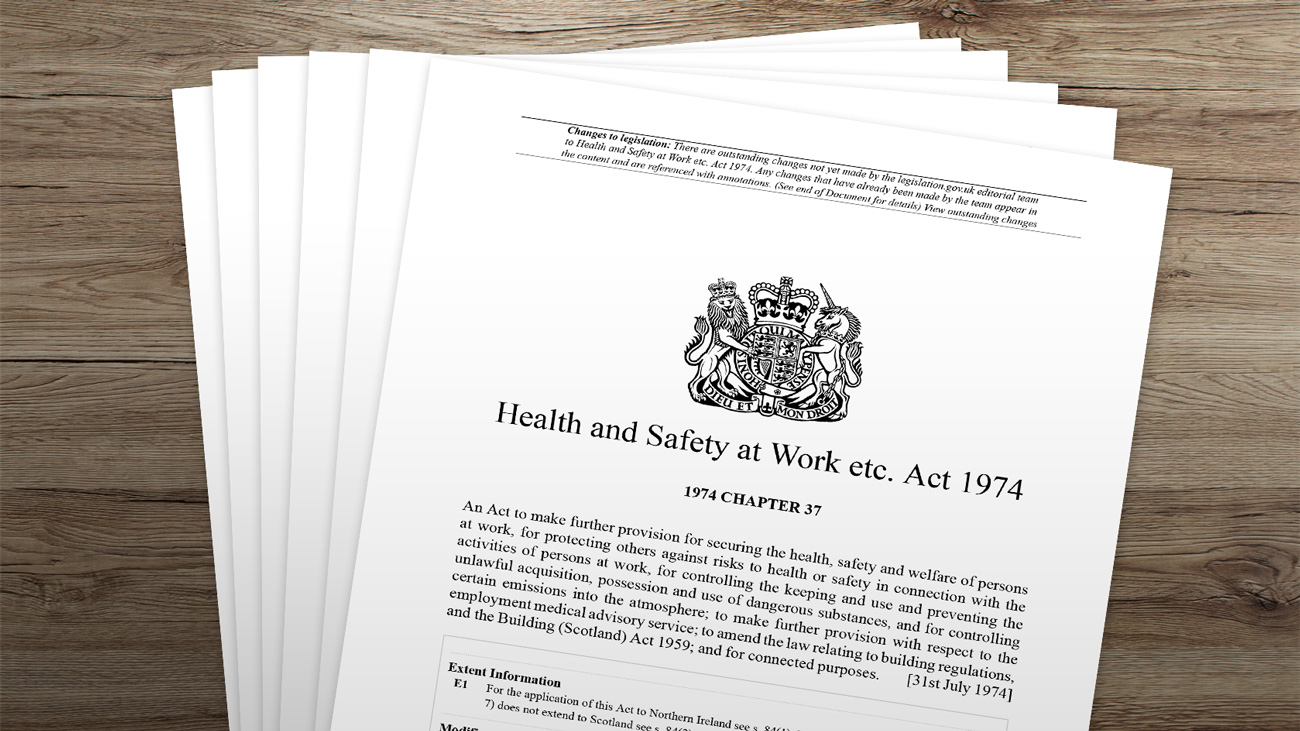
Government scales back plans to remove EU Regulations
The government has announced that its plans to repeal or replace over 4,000 pieces of EU law by December will no longer go ahead. Instead, it will produce a list of 600 laws it wants to replace by the end of the year.
On 10 May, in a written statement, Kemi Badenoch, Secretary of State for Business and Trade explained the amendments that government was tabling to the Retained EU Law (Revocation and Reform) Bill (‘the Bill’).
The government introduced the Bill so that it could end the special status of retained EU law. It was designed to ensure that, for the first time in a generation, the UK’s statute book would not recognise the supremacy of EU law or EU legal principles. As the Bill is currently drafted, almost all REUL is automatically revoked at the end of 2023, unless a statutory instrument is passed to preserve it.
Over the past year, Whitehall departments have been working to identify retained EU law to preserve, reform or revoke. However, said Badenoc in her statement:
“With the growing volume of REUL being identified, and the risks of legal uncertainty posed by sunsetting instruments made under EU law, it has become clear that the programme was becoming more about reducing legal risk by preserving EU laws than prioritising meaningful reform. That is why today I am proposing a new approach: one that will ensure ministers and officials can focus more on reforming REUL, and doing that faster.”
The amendment will replace the current ‘sunset’ in the Bill with a list of the retained EU laws that government intends to revoke under the Bill at the end of 2023. This provides certainty for business by making it clear which regulations will be removed from the UK's statute book, instead of highlighting only the REUL that would be saved.
Badenoc said:
“We will retain the vitally important powers in the Bill that allow us to continue to amend EU laws, so more complex regulation can still be revoked or reformed after proper assessment and consultation.”
Badenoc stated that, as part of this drive for deregulation, improvements will be made to employment law which could help save businesses around £1bn a year, while safeguarding the rights of workers. “We will consult on cutting unnecessary red tape on recording working hours, streamline engagement with workers when a business transfers to new owners, and provide up to five million UK workers greater freedom to switch jobs by limiting non-compete clauses,” she said.
Critics of the Bill feared that, if passed, it could see the end of the UK’s exemplary health and safety record and introduce a wave of new responsibilities. But health and safety trainer for International Workplace, Kate Gardner, believes we need to just keep doing what we’re doing. This is because, sitting above the many pieces of EU legislation is the UK’s health and safety legislation, which won’t change. The primary legislation – in the form of the Health and Safety at Work etc. Act 1974 (HSWA) - will still be there.
Kate Gardner said:
“If you’re currently implementing good practice that has been derived from the ACoPs attached to the regulations, keep doing what you’re doing. You should be able to evidence that you are still carrying out your legal duties.
"For example, the requirement for a written risk assessment is contained in the Management of Health and Safety at Work Regulations 1999. However, if the regulations are no longer in place, you should continue to carry out this procedure, as HSWA, which will remain, still contains the requirement to understand and manage hazards in the workplace. The risk assessment process and the documents that are produced will show how you are doing that.
"At the end of the day, organisations have a legal requirement to protect – that won’t go away. They’ll still have to have processes and documents in place to show they’re safe. In fact, this is a good opportunity to review your safety management plans and processes.”
Badenoc concluded:
“Reforming and ending the special status of retained EU law in the UK is about making sure our laws work for the people who use them. Regulatory reform is integral to the Prime Minister’s mission to boost the UK economy; a mission that puts business, consumers, and the British public first.”






